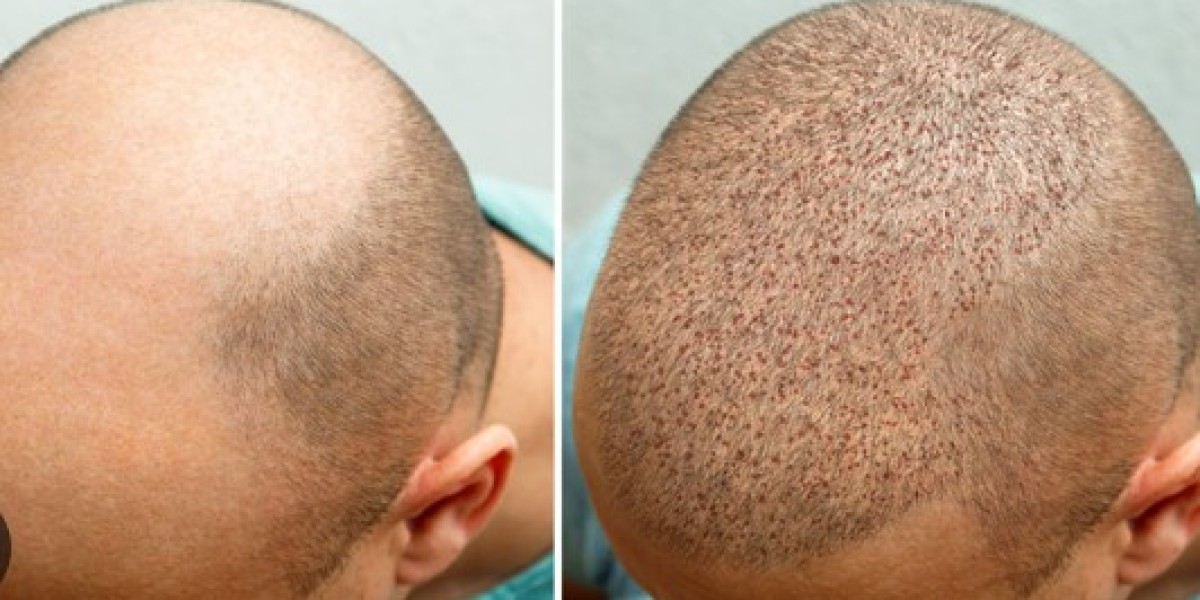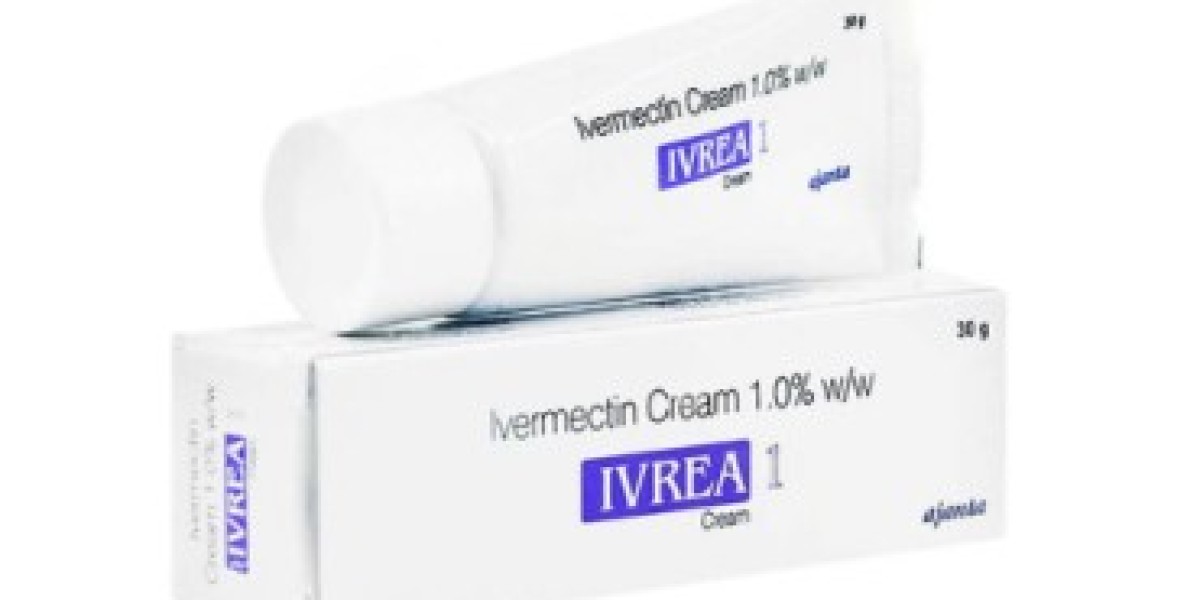How to Get Rid of Facial Skin Discoloration
There are a few options for treating facial skin discoloration. Topical skincare treatments and pharmaceuticals such as retinoids, hydroquinone, and peeling agents can usually treat mild to moderate skin discoloration.
You may benefit from a cosmetic procedure to resurface your skin if you have more severe hyperpigmentation.
If you're experiencing face skin discoloration, speak with your doctor or make an appointment with a dermatologist to discuss your symptoms. They will be able to suggest a therapy that is right for you and work with you to improve your skin tone.
Skin Care Products Medications
Several skincare products and drugs can lighten dark areas and enhance the consistency of your skin. Tretinoin is one example. Tretinoin is a topical cream that promotes the growth of new skin cells. Acne is routinely treated with it. Tretinoin is an excellent treatment for hyperpigmentation because of its effects on skin cells.
Tretinoin is a prescription-only gel or lotion. It's also one of the numerous ingredients in our Anti-Aging Cream, which is designed to improve the texture and appearance of your skin. Try face discoloration cream for good results.
Hydroquinone. Hydroquinone is a skin-lightening agent that is applied topically. It's frequently used to treat skin pigmentation disorders like melasma, which we covered in detail in our hydroquinone for melasma guide.
Although prescriptions are required for higher-strength hydroquinone creams, limited-strength hydroquinone can be purchased over the counter in many pharmacies.
Peeling agents with an acid-base. Certain acids, such as kojic acid, azelaic acid, and salicylic acid, are sometimes used in skincare products to lighten the skin by eliminating the top layer of cells.
These chemicals are a lot gentler than the stronger acids used in skin peeling operations. When utilizing over-the-counter peels, masks, and other peeling agents, however, caution is still advised.
Although these goods and drugs work, they don't produce rapid results. A medicine like tretinoin, for example, may take three to six months to show a noticeable change in your skin's appearance.
Make sure to use your skincare products and medication consistently, even if you don’t notice a change right away. You can track your progress by taking photos of your skin every two to three weeks, then comparing your appearance over time.
How to Prevent Skin Discoloration
Hyperpigmentation, melasma, and other types of skin discoloration can return if you don't take care of your skin properly. Reduce your chances of dealing with reoccurring skin discoloration by using the following techniques:
Sun protection is essential. Because sunlight causes melasma and other types of skin discoloration, it's crucial to keep your skin protected from the sun, even on overcast days.
When spending time outside, use a broad-spectrum, SPF 30+ sunscreen to protect yourself from the sun. Use a waterproof sunscreen and reapply it after going into the water if you're at the beach or pool.
Wear a wide-brimmed hat and sunglasses to protect your face and eyes, especially on bright, sunny days. This not only prevents discoloration but also lowers your chances of getting wrinkles and other age indicators.
Cover up any affected body parts. When you're outside, if you're prone to discoloration on your body or face, cover it up with clothing. Look for garments with an ultraviolet protection factor (UPF) marking for added protection.
Acne and other skin disorders can be treated. Dark spots appear after acne or skin conditions like psoriasis have cleared. You can lower your chances of getting dark spots in the first place by treating these diseases.
Squeezing or popping pimples should be avoided. If you have acne, don't try to pop your pimples while they're still open. This not only raises your risk of infection but can also leave you with unsightly acne scars and dark areas.
Use skincare products that are delicate and sensitive. Irritating products can exacerbate melasma and other skin discolorations. Make sure you take care of your skin with gentle discoloration cream that doesn't sting, burn, or irritate it.
In Conclusion
Skin discoloration affects the forehead, cheeks, jawline, and other areas of the face. Discoloration may appear on some parts of your body, particularly those that are frequently exposed to sunlight.
Although discolouration isn't usually a major medical condition, it can have a significant influence on your appearance and self-esteem.








